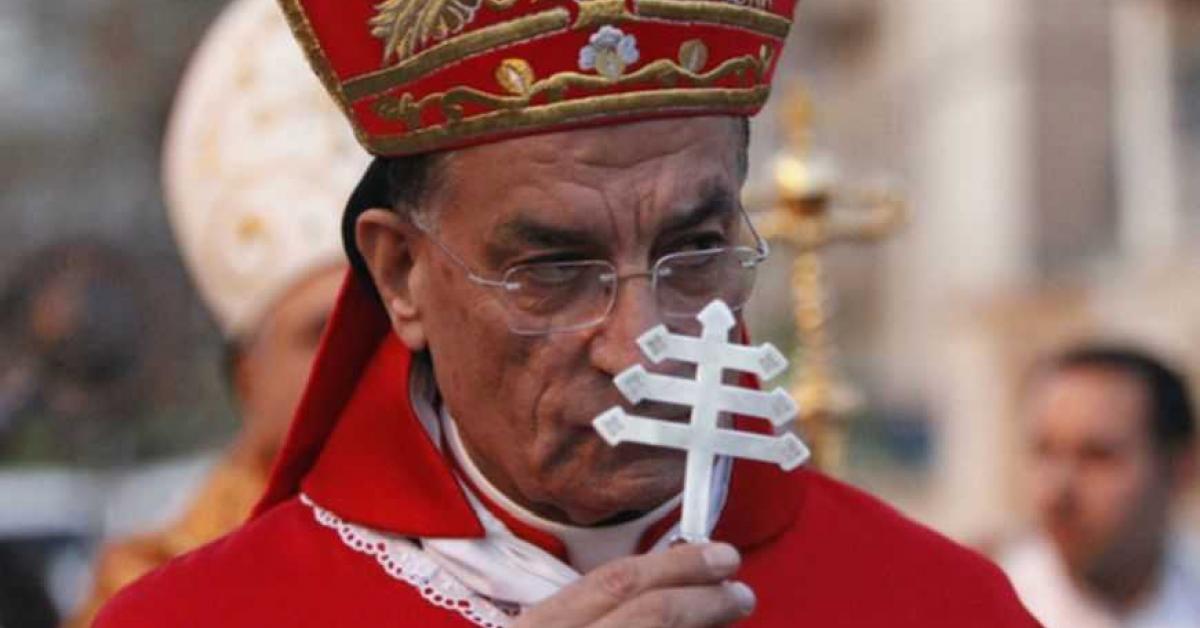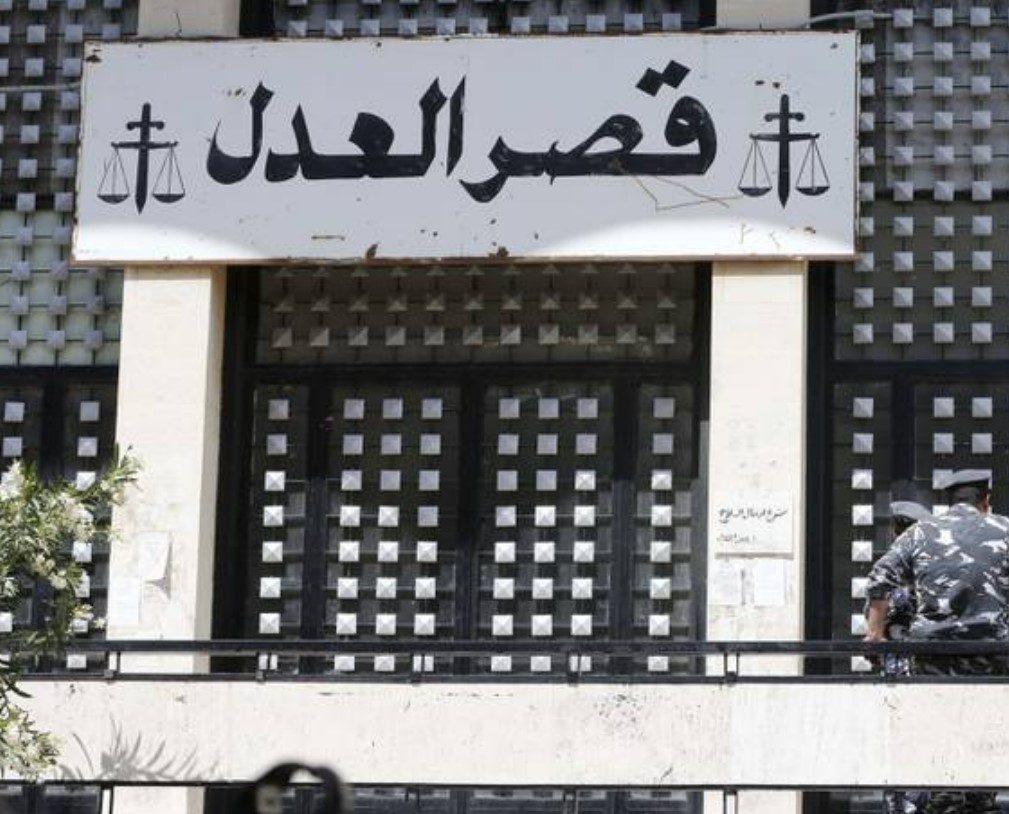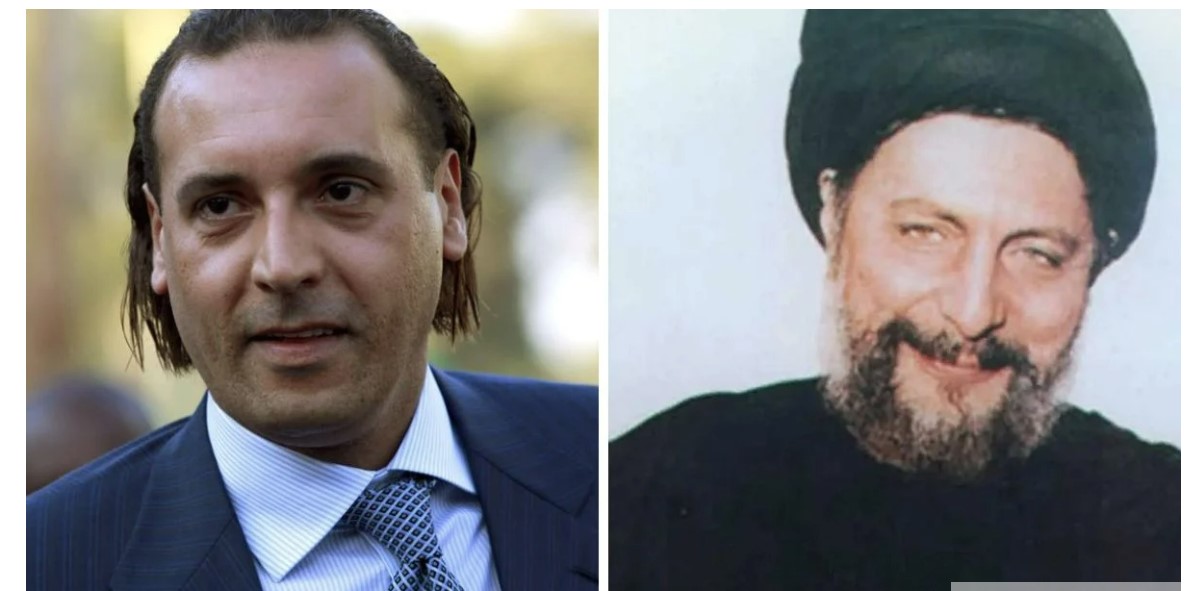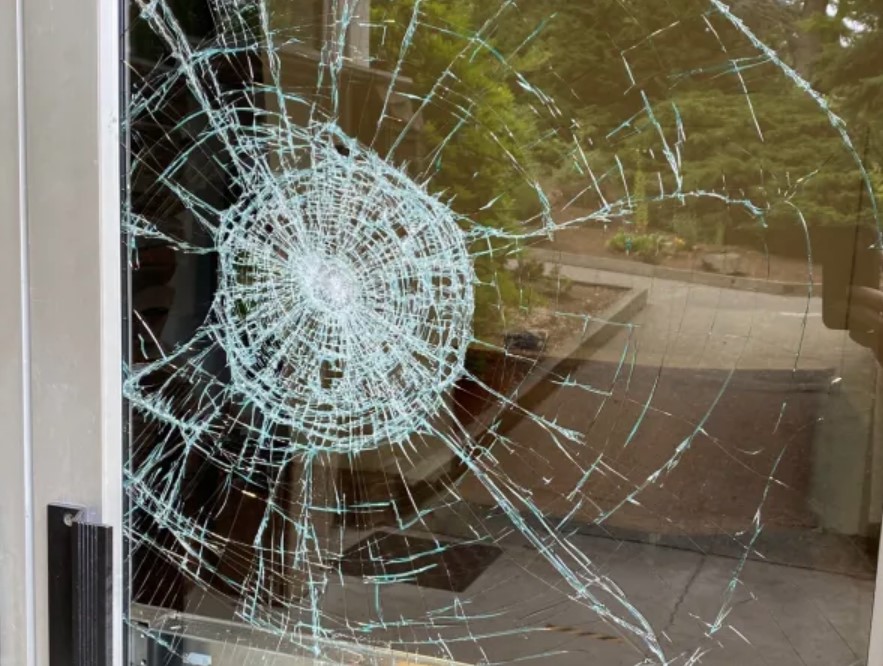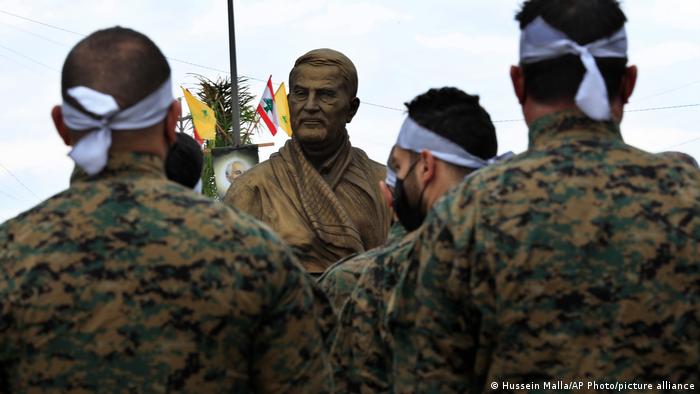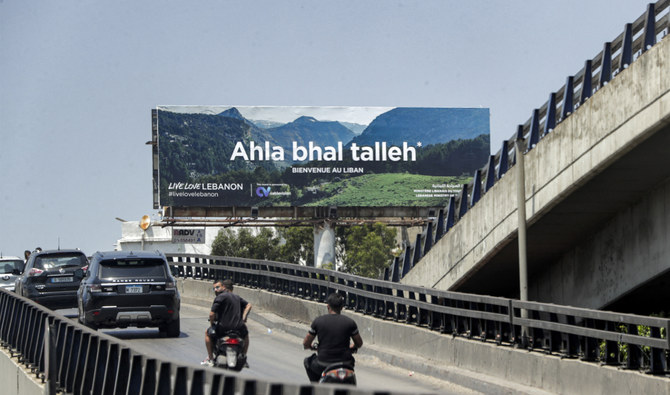
by Maya Gebeily; editing by Tom Perry and Mark Heinrich (Reuters) – Deputy premier Saade Chami said on Friday deputy governors of Lebanon’s central bank should run it if no governor is appointed by the end of the month, calling their threat to collectively resign “dangerous”. Longtime governor Riad Salameh’s term expires at the end of July and one of the deputy governors told Reuters on Thursday they were considering quitting together if no successor is named, raising the possibility of the central bank being left leaderless amid a deep financial crisis. Lebanon’s breakdown in governance and political tensions have hamstrung efforts to find a successor to Salameh, whose 30-year tenure has been stained by charges at home and abroad of embezzlement of public funds in Lebanon. He denies the charges.
In a statement to Reuters, Chami said the deputy governors should “assume their responsibility in case this appointment is not possible…The threat of resignation implied by the statement is quite dangerous at this critical juncture.” Chami said Lebanon’s code of money and credit “very clearly” instructs the first deputy governor to assume the responsibility of the governor in case this position becomes vacant. “One cannot pick and choose from the code of money and credit,” he told Reuters. The central bank leadership is appointed according to the sectarian power-sharing system that governs other top posts. The governor must be a Maronite Catholic, while the four deputies – a Shi’ite Muslim, a Sunni Muslim, a Druze and an Armenian Catholic – must have the approval of the political chiefs representing their respective sects. “The most likely scenario prompting such a statement is a push to extend Salameh’s term,” said Nabil Boumonsef, deputy editor-in-chief of Lebanon’s leading Annahar newspaper. “Otherwise, a full vacuum in the central bank leadership would bring the worst period of Lebanon’s financial crisis yet. The deputy governors are playing Russian roulette,” Boumounsef told Reuters.
